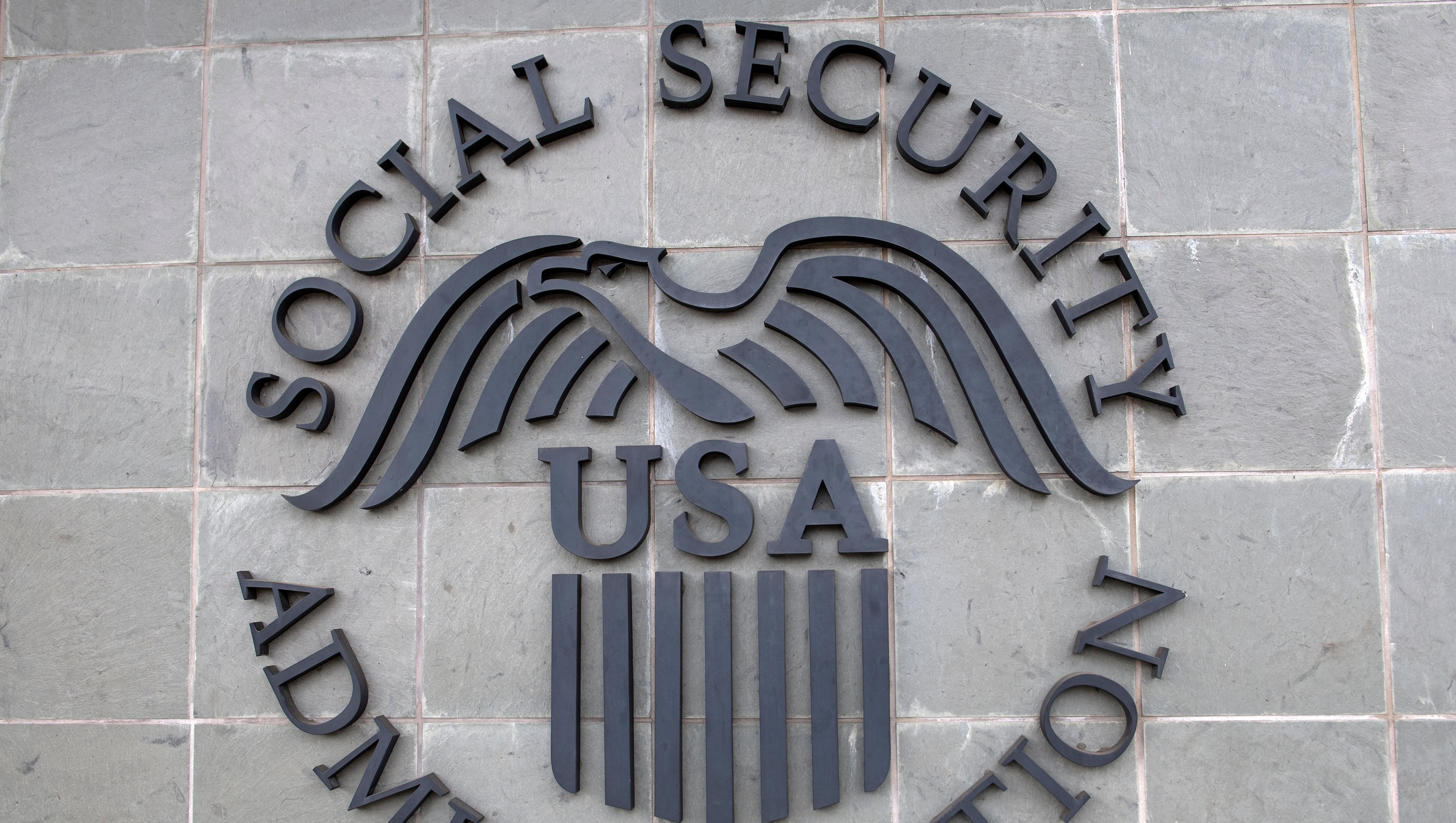
The head of the Social Security Administration (SSA) has apologized to Congress for understating the number of beneficiaries the agency has demanded money back from as a result of accidental overpayments, according to a December 19 KFF and Cox Media team report.
Two million people per year have received notices that the SSA has overpaid them, according to a separate KFF team report. However, SSA Acting Commissioner Kilolo Kijakazi gave a number about half that size during a congressional hearing in October that focused on how SSA can better identify improper payments before they occur and give beneficiaries adequate notice when they occur.
The apology comes as SSA is still attempting to recoup about $23 billion that it mistakenly overpaid to beneficiaries, often from seniors and people with disabilities who do not have a way to pay the money back.
In a December 11 letter to the House Ways and Means Committee chair obtained by the KFF team, Kijakazi apologized for any “confusion or misunderstanding,” over the actual numbers, citing a rushed process for why she gave a “preliminary, unvetted and partial" response.
“We should have followed up with additional context following the hearing,” she said in the letter. “I take seriously the commitment that all federal officials make to provide the Congress with accurate information, and I very much regret not contacting you with more information right away.”
During the hearing, Kijakazi also blamed the SSA's outdated systems and complicated process for issuing the overpayments. She told lawmakers that the agency would work to simplify the process for people trying to submit waiver request forms for the overpayments. SSA would also integrate an electronic system that could pull employment data from a payroll provider, as opposed to having to collect the data manually – which makes mistakes more likely, she said.
New SSA commissioner to take the reins
Those issues will soon fall under SSA's newly named commissioner, Martin O’Malley, whom the Senate confirmed this week.
During his confirmation hearing last month, O'Malley touched on understaffing issues at the agency as well as his commitment to modernizing and streamlining its systems, vowing to cut customer service wait times. The former Maryland governor also touted his data-focused approach, including during his time as Baltimore’s mayor, when he implemented the city’s first 311 system.
Kijakazi has some ideas for how that might play out under O’Malley’s leadership. In a December 18 statement, she spoke about the agency's accomplishments and issues this year.
“The combined effect of the pandemic and chronic underfunding have taken a toll on our employees,” she said in the letter. “It has led to high attrition and backlogs. Our budget directly drives the level of service we can provide," she said. The "bottom line" is that the agency needs "enough well-trained employees to ensure we can meet your needs. New hires are necessary to begin to reduce growing backlogs and improve service.”
What to do if you receive an overpayment notice
As Kiplinger previously reported, if you’ve been sent an overpayment notice and either cannot afford to repay the amount or feel the request is unfair or in error, you can ask the agency for a waiver.
You can also request reconsideration if you disagree with the overpayment notice.
If your request is denied but you still think the overpayment is incorrect or unfair, you can appeal the decision by requesting a hearing.







